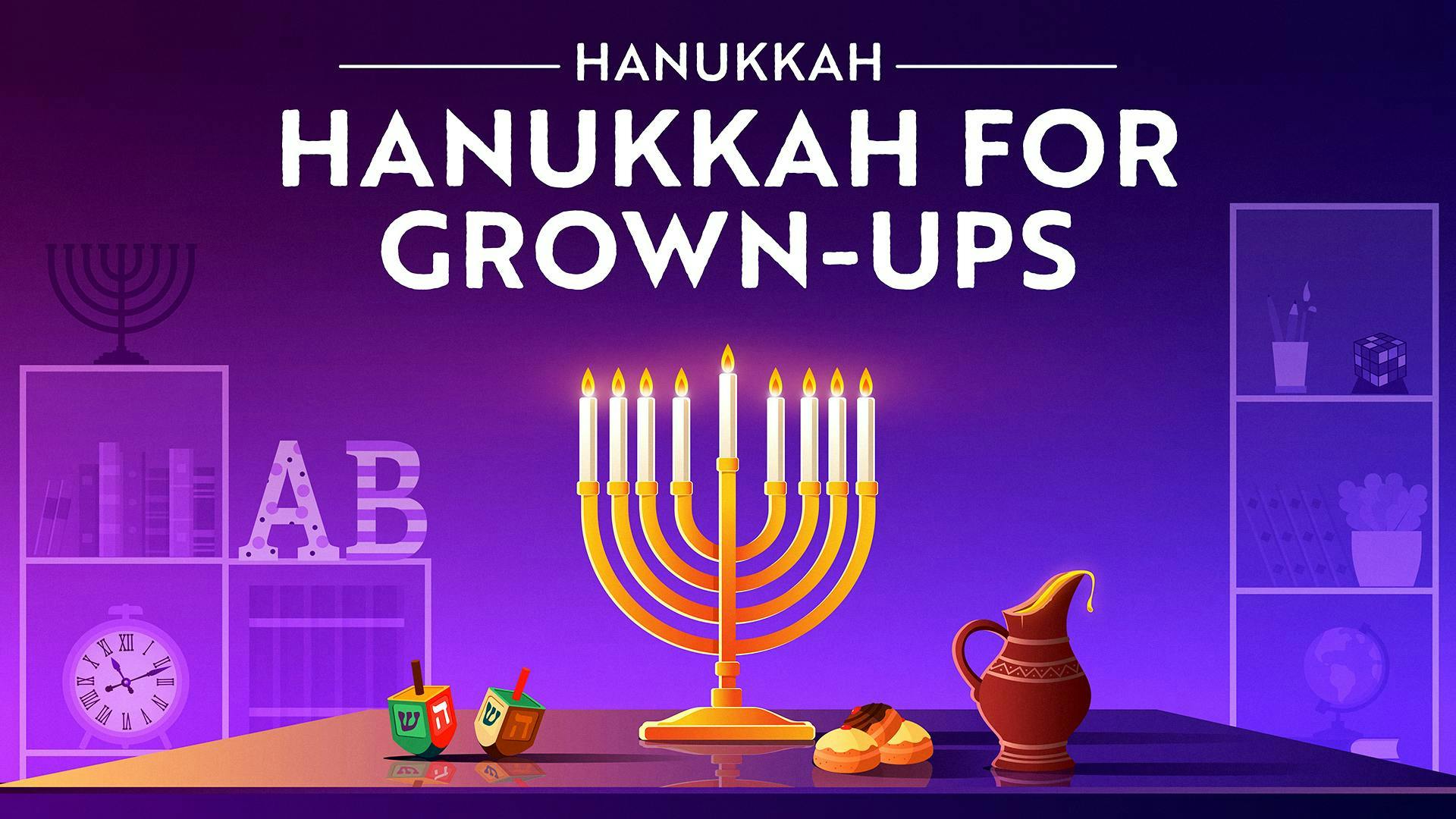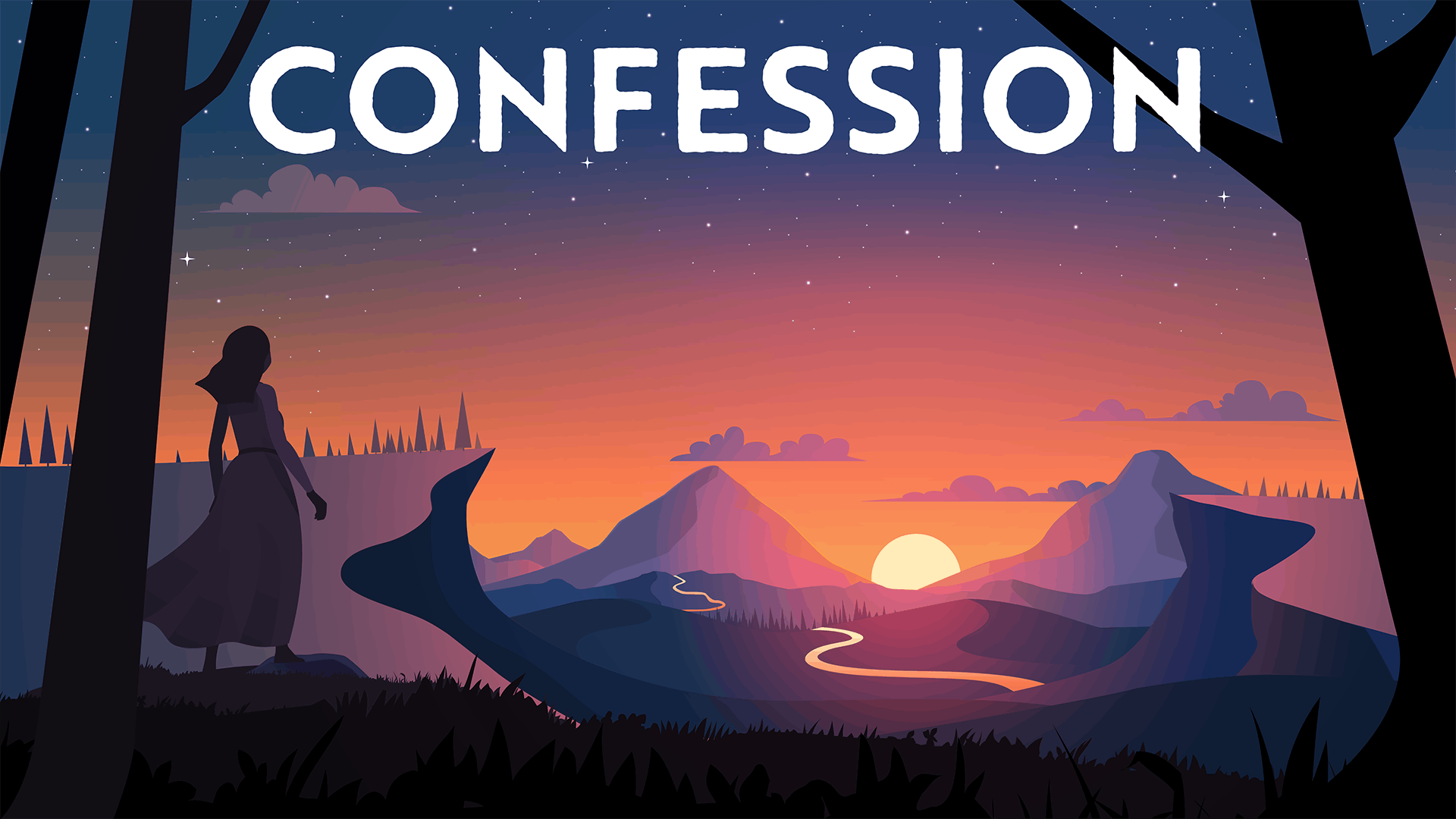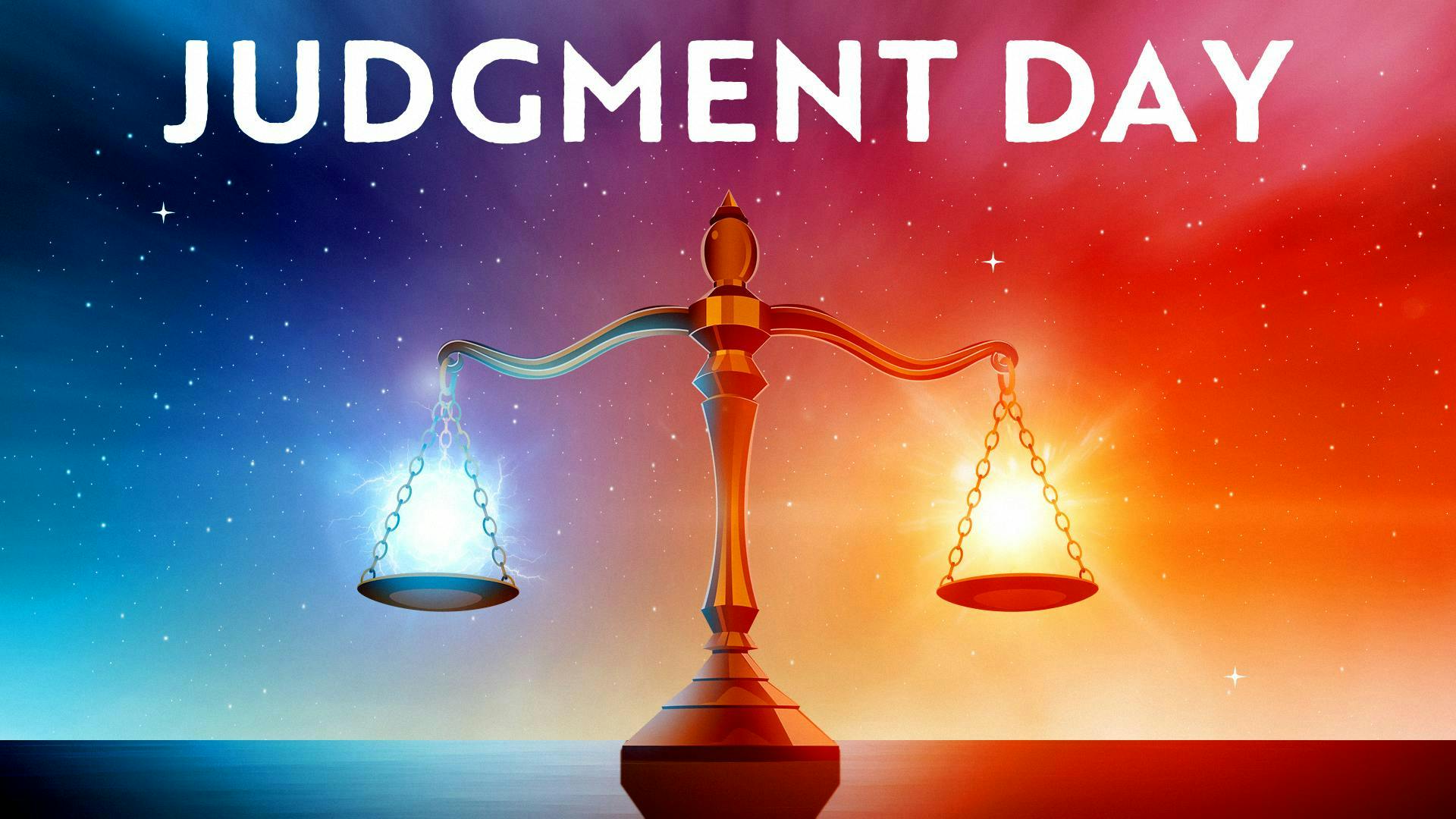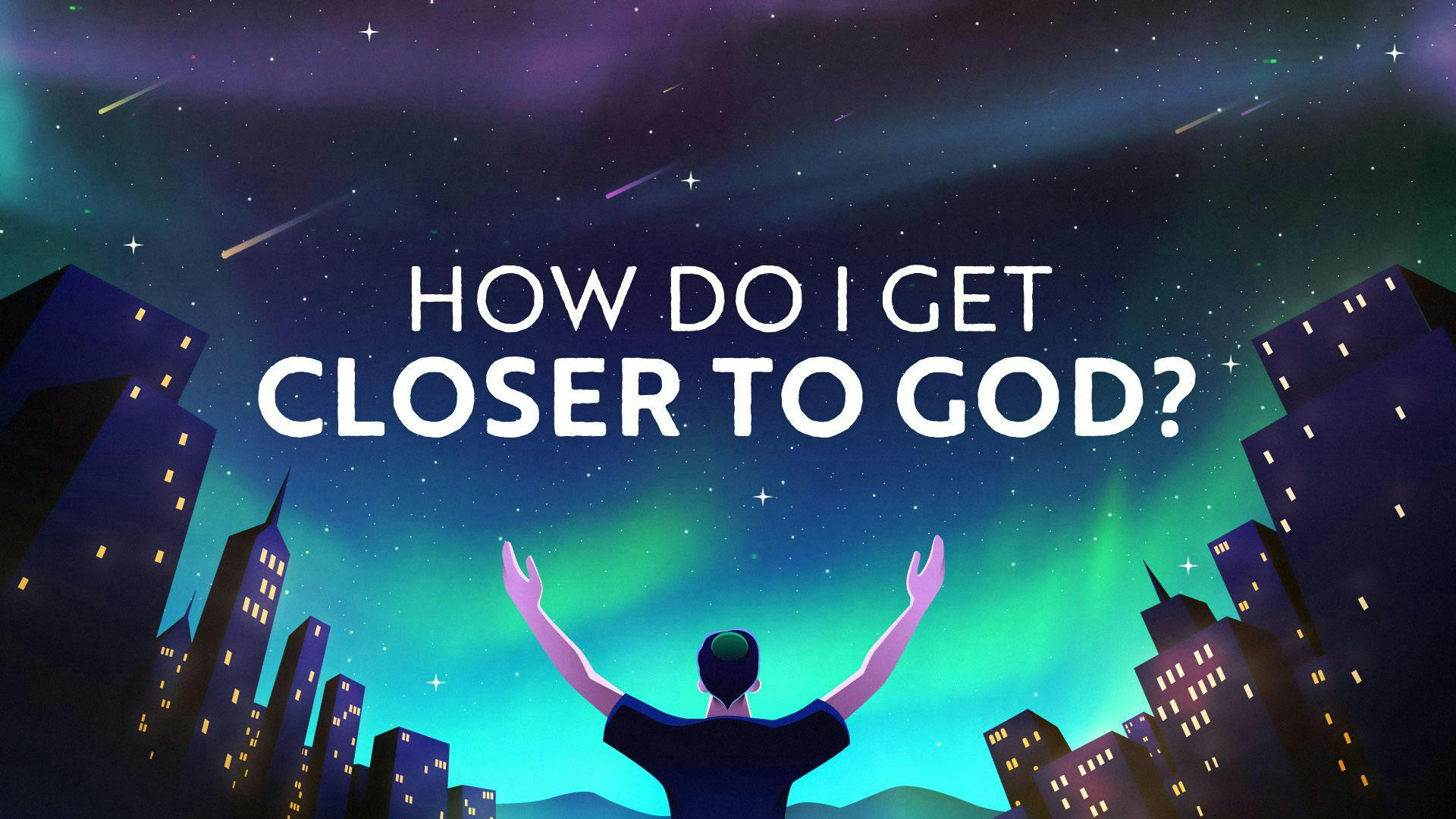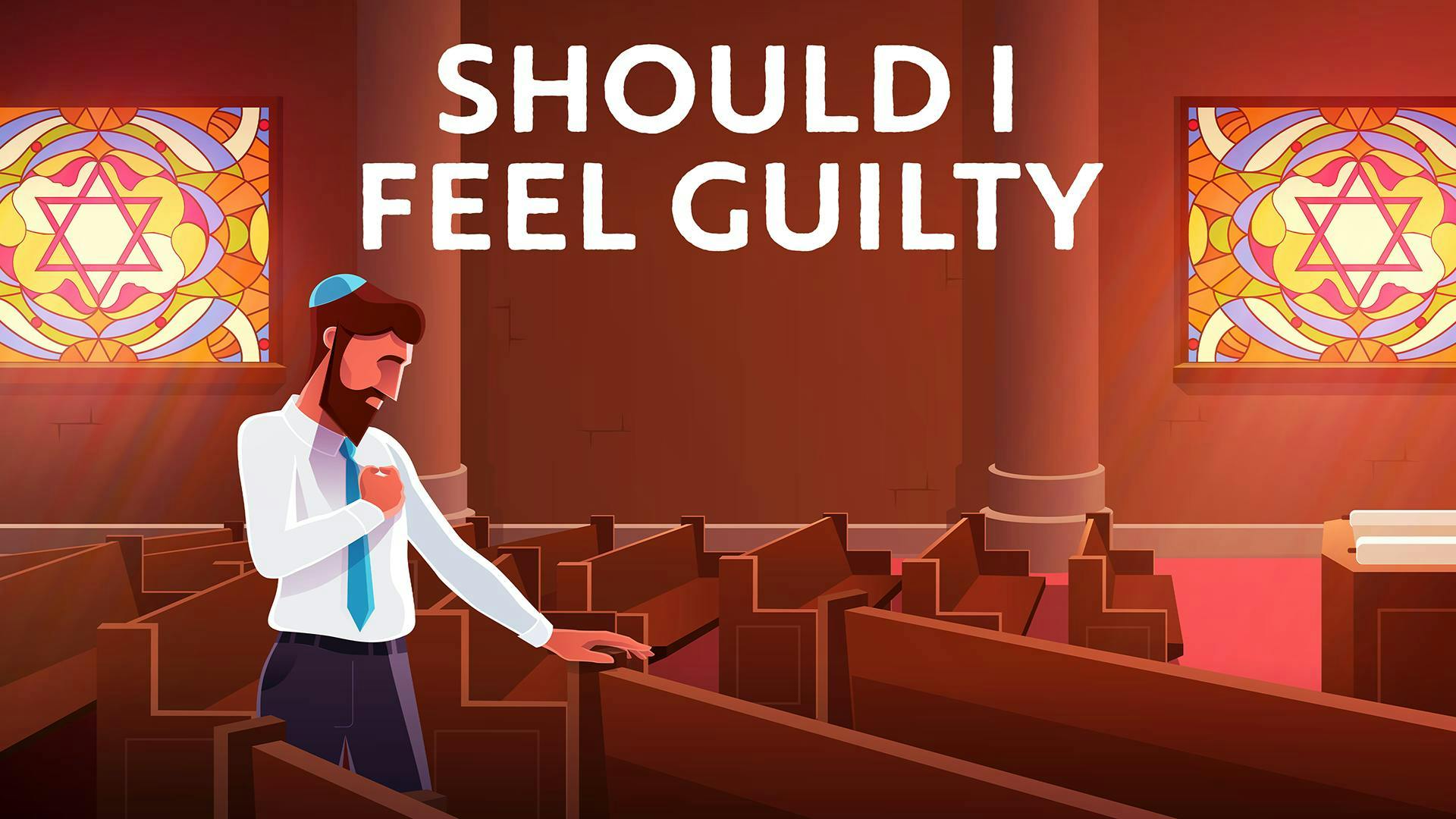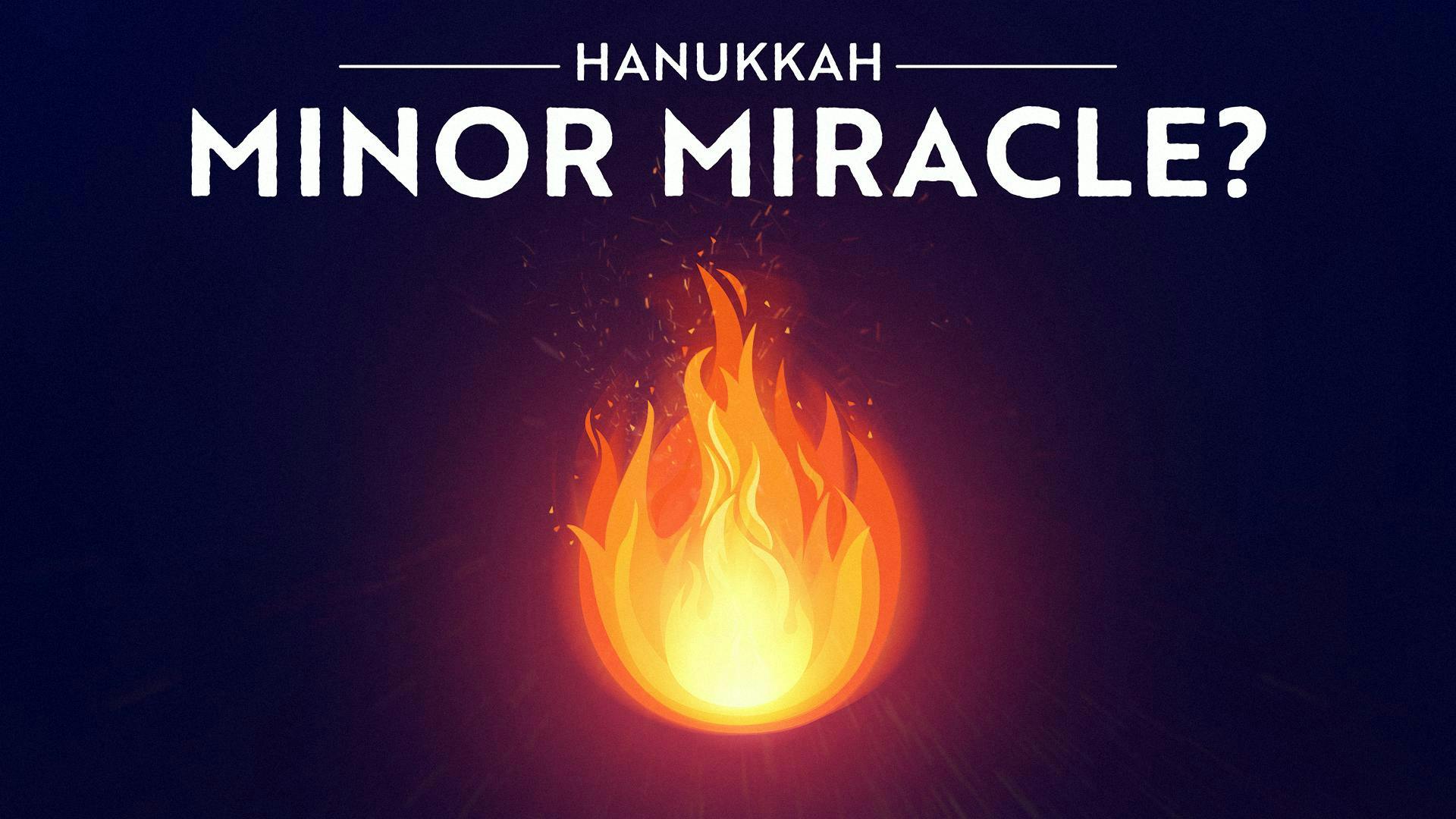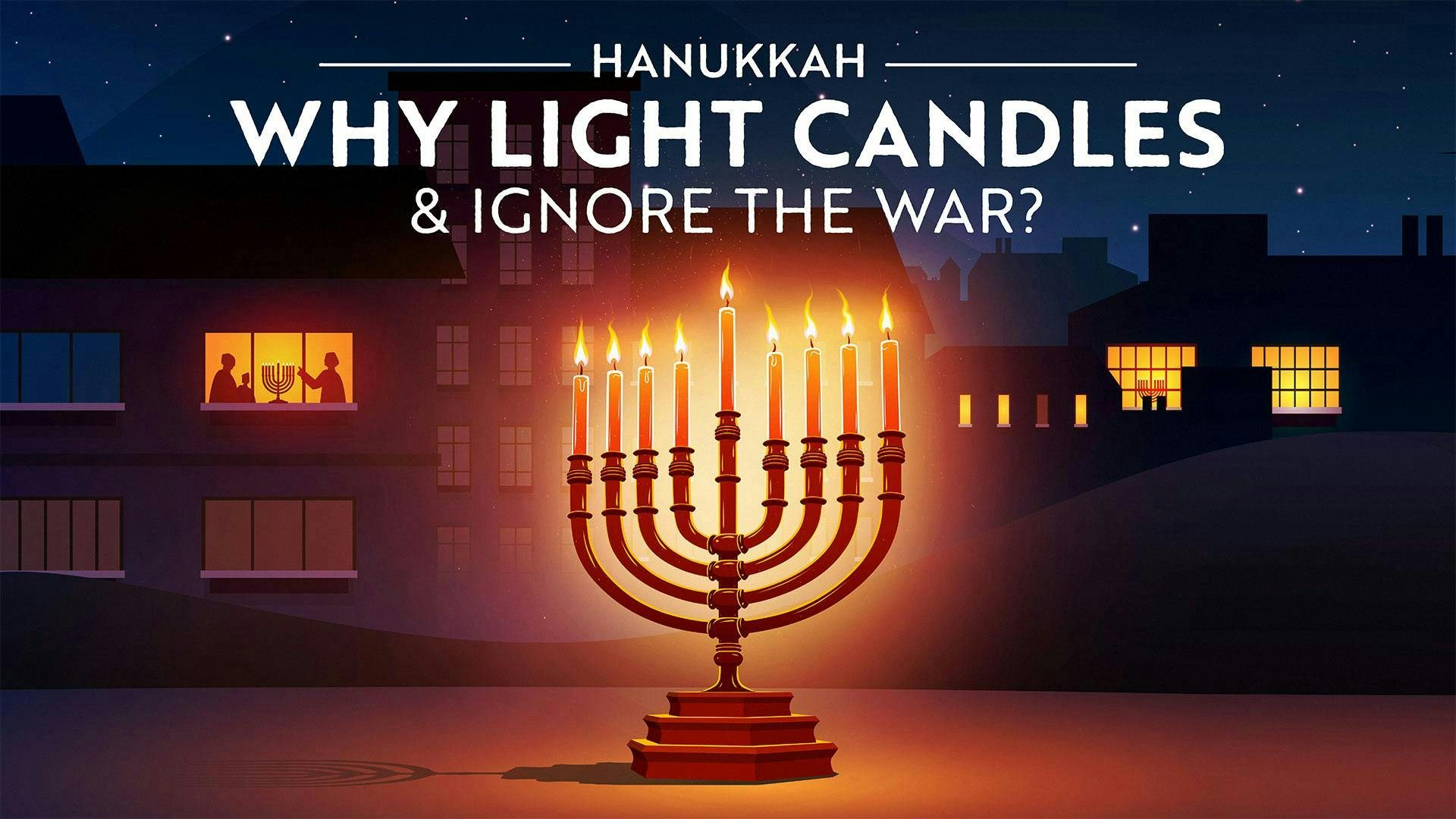What Is Hanukkah?
Menorah, Games & Traditions
By Sarah Rashba | 3 November 2024 | 7 Minute Read
Hanukkah is about two miracles: The Jewish people’s miraculous defeat over Antiochus and the Greek army and the miracle of the oil. After the war, the Jews only managed to find a tiny drop of pure oil in the Temple. This tiny drop of oil miraculously burned for eight whole nights, and is why Hanukkah is sometimes called the ‘Festival of Lights.’
What Is Hanukkah About?
The root of the word Hanukkah (חנוכה) is חנך – to dedicate. After the war and regaining Jerusalem, the Jews rededicated the Temple. There are several additional explanations for what the word Hanukkah means. For instance, Hanukkah (חנוכה) stands for חנו בכ״ה, which means 'they [the Jews] rested on the 25th,' which is the first day of Hanukkah. This year Hanukkah begins the evening of 25 December, 2024.
Some question if Hanukkah is like Christmas: both are celebrated with light and presents, and occur around the winter solstice in December. But the origin of Hanukkah shows us that there is a much deeper meaning of Hanukkah, making it a Jewish winter holiday distinct from all others.
Rabbi Fohrman discusses the conundrum of what Hanukkah is really about in this video. Here’s a small snippet:
Turns out, there actually are really two miracles that we are celebrating. We are celebrating the miracle of oil. But we are also celebrating the miracle of the war. And if you look at the Al HaNisim prayer, in which we talk about what it is we're commemorating, we're commemorating the victory of the little over the small, the weak over the strong. We're also commemorating the candles – v'hidliku nerot bechatzrot kadshecha; the Jews came afterwards, they lit candles.
So, it's a little confusing. What is it that we're celebrating? Are we celebrating this miracle of the candle or are we celebrating the miracle of the war? We're celebrating both, apparently. So, how do they live together?
If somebody asked you, "What do you really celebrate on Hanukkah?" It's a little strange to have one holiday in celebration of two entirely different things. Or maybe, they aren't entirely different things. Maybe these two are somehow related. It would be kind of satisfying if somehow the victory in the war and the miracle with the candles were both kind of reflections of the same things in some kind of way.
There's one unified thing that we are celebrating on Hanukkah; the candles is one aspect of it, the war is the other. But what is that unified thing?
Rabbi Fohrman digs deeper into this mystery in his video: Why Do We Celebrate Such A Small Miracle?
Looking for more?
We have hours of delightful videos and podcasts to enhance your Yamim Noraim experience.
The Story Of Hanukkah

When Antiochus III, King of Syria defeated Egypt, he took control of Judea and the Jews within. At first, the Jewish people were allowed to practice their religion freely – on an individual level, and on a communal level in the Temple. It was a relatively peaceful time for the Jewish people. However, if we know anything about the history of the Jewish people, we know that peace is short-lived.
Peace was cut short when Antiochus IV and the Greeks overpowered the Syrians – they invaded Judea and took control of Jerusalem and the Temple. Antiochus IV banned ritual circumcision, and he ordered that pigs be burned at the Temple altar, a blasphemous act.
Just as intensely devastating as the religious persecution from the Greeks, however, was the internal conflict building between religious Jews and those influenced by Greek culture – Hellenized Jews.
What we know about the war and miracle of Hanukkah comes from the historian Josephus and the books of the Maccabees. It was Matityahu and his five sons – the Maccabees, not to be confused with the Maccabeats – who led a revolt against Antiochus IV.
Matityahu begins his epic rebellion by killing a Greek official, and a Hellenized Jew who is about to make a sacrifice to a Greek god, Zeus. Later on, when Matityahu dies, his son Judah takes over as the leader of the revolt. Under Judah's leadership, the Maccabees are able to finish what Matityahu began – the liberation of the Temple and Jerusalem, and freedom for the Jewish people.
Is this the only story about Hanukkah that we find in historical texts? Rabbi Fohrman talks about the possible connection to an older, second Hanukkah story in the Torah – one that ends peacefully between the Greeks and Jews. Rabbi Fohrman suggests that this story may hold a clue to understanding how, if at all, the ideas of Hellenism can fit into Jewish life.
In addition to this astounding military victory, the festival of Hanukkah celebrates a spiritual victory. When the Jews rededicated the Temple, the High Priest only managed to find one pure jar of oil. However, the oil miraculously lasted for eight nights – just enough time to have new oil pressed and ready for lighting the Hanukkah menorah. An eight-day festival was declared by the Jewish sages to commemorate this miracle, which we refer to today as the Hanukkah miracle.
Hanukkah Traditions

There are several traditions and customs that celebrate Hanukkah, including prayers of thanksgiving, lighting Hanukkah candles, eating traditional fried Hanukkah foods, and plenty of fun games and songs.
Traditional Hanukkah Prayers, Poems and Songs
On Hanukkah, we traditionally add two daily prayers. Hallel, a song of joy and thanksgiving, is added to our morning prayers for the eight days of Hanukkah, and we add Al Hanisim, a prayer thanking God for the miracles performed for us, to our Amidah, the silent, personal prayer service.
You can also hear several spiritual, as well as beautiful, poems and music during the eight days of Hanukkah.
"Ma'oz Tzur"
This is a beautiful piyut (or Hanukkah poem) that we read after lighting the candles. The Hanukkah poem has six stanzas. The first and last stanzas discuss, in the present tense, the Jewish people’s hope for the final redemption and the ability to rebuild the Temple. The middle four stanzas discuss four different Jewish enemies who were defeated: Pharaoh in Egypt, Nebuchadnezzar and the Babylonian exile, Haman and the story of Purim, and Antiochus and the Greeks in the Hanukkah story. Despite duress from each enemy, the Jewish people prevailed. Ma’oz Tzur is often sung after lighting the Hanukkah candles.
“Al Hanisim”
This is a harmonious Hanukkah song that is included in the daily prayer (the Amidah). In the short prayer, we thank the Almighty for performing lots and lots of wondrous miracles for us. Many people sing Al Hanisim during dinner parties or during the prayer service.
The Meaning Of Lighting the Hanukkah Menorah
Lighting candles is one of the most symbolic Hanukkah traditions related to the holiday’s history. Each night, shortly after dark, is when we light the Chanukiyah (colloquially referred to as a Hanukkah Menorah).
On the first night of Hanukkah, Jews light one candle plus a Shamash (a guardian candle). On the second night of Hanukkah, Jews light two candles plus a Shamash. On the third night, Jews light three candles plus a Shamash. So on and so forth until, on the last night of Hanukkah, the Jews light eight candles plus the Shamash.
Hanukkah customs vary on how many people light the Chanukiyah. In many Ashkenazic homes, all adults and children light their own Menorah. Many Sephardic homes have the custom that one, often the head of the household, lights the candles on behalf of the family.
The Chanukiyah has eight branches and a Shamash. The Menorah that the High Priest (Cohen Gadol) lit in the Temple, however, had seven branches.
Traditional Hanukkah Foods
Many enjoy the custom of making or going to Hanukkah parties which customarily include fried foods made with lots of oil. Two popular Hanukkah foods include potato latkes and sufganiyot (jelly donuts).
Hanukkah Games and Activities
Children love playing the game of dreidel during Hanukkah. A dreidel is a spinning toy with a four-sided top. Each side of the dreidel has a different Hebrew letter: נ,ג,ה,ש – nun, gimmel, hey, and shin – standing for נס גדול היה שם, or a large miracle happened there (in Jerusalem). In Jerusalem, many dreidels replace the letter ‘shin’ with a ‘pey’ which stands for פה or ‘here’ – a large miracle happened here (in Jerusalem).
Some people play this game during Hanukkah to win gelt, a yiddish word for money. But often times we swap out the actual cash for chocolate. We might also jokingly say that a Hanukkah ritual is that many people get fat over the holiday.
Hanukkah Greetings
On Hanukkah, it is customary to greet friends and families by saying, “Happy Hanukkah,” or, “Hanukkah Samaech.”
Some people also use the Hanukkah greeting “Chag Urim Samaech,” which in English means “Happy Holiday of Lights.”
When Is Hanukkah?
The first day of Hanukkah is always Kuf-Hey Kislev (כ״ה כסלו), or the 25th of Kislev, in the Jewish Hebrew calendar.
This year the first night of Hanukkah is celebrated in the evening of December 25, 2024 – or the 25th of Kislev – and the last day of Hanukkah is celebrated eight days later, finishing in the evening of January 2, 2025.
Upcoming Hanukkah Dates
- 2026/5787 Friday, December 4 - Saturday, December 12
- 2027/5788 Friday, December 24 - Saturday, January 1
- 2028/5789 Tuesday, December 12 - Wednesday, December 20
Hanukkah Videos
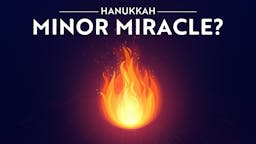
The Miracle of Hanukkah
Video • 33 min
A tiny flask of oil kept a few flames burning for a couple of nights… why does this relatively minor miracle deserve so much attention? Join Rabbi Fohrman as he explores the miracle of Hanukkah, its connection to a well-known Biblical narrative, and its major impact on our lives today.
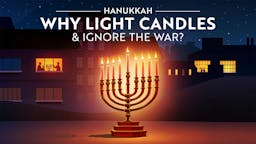
The War On Hanukkah
Video series • Part 1 of 4 • 6 min
When the Maccabees first lit the menorah, we hadn’t yet experienced a true victory over the Greeks. Strikingly, we find ourselves in a similar situation in 2024. How can we truly celebrate and find meaning in Hanukkah this year when we are still waiting for our miracle?
Watch this video to gain a deeper meaning of Hanukkah today.
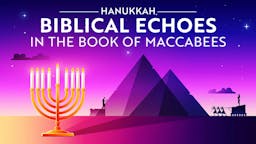
Who Are the Maccabees & What Is the Book of Maccabees About?
Video series • Part 1 of 4 • 13 min
How does the Hanukkah story fit into the larger context of Jewish history? Join Rabbi Fohrman as he ventures deep into the oft-overlooked Book of the Maccabees, a first-hand account of the story of Hanukkah, to discover unexpected biblical echoes in the miracles of Hanukkah.
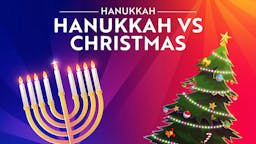
Is Hanukkah Like Christmas?
Video series • Part 1 of 4 • 10 min
Is Hanukkah just the Jewish Christmas? Or, for that matter, the Jewish “winter holiday”? After all, almost every religion has a winter festival that’s suspiciously similar to Hanukkah -- going all the way back to pagan times. So, what makes Hanukkah special? Turns out, the Talmud asks the same thing.
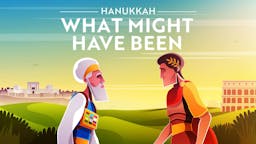
The Hanukkah That Might Have Been
Video series • Part 1 of 3 • 9 min
Hanukkah commemorates the clash between Judaism and Hellenism. Beauty, art, culture… are these the enemy? The answer to this question may lie in a story the Talmud tells. It's not quite the story of Hanukkah, but could it be the story of a Hanukkah that might have been?
Hanukkah Resources
What is Aleph Beta?
Aleph Beta is a unique kind of Torah library. Led by our founder, Rabbi David Fohrman, we are dedicated to high-level, textual Torah learning for adults that is intellectually and spiritually sophisticated, that enlivens your Jewish practice and helps you forge a deeper connection to God. Whether you’ve been learning in yeshiva for years or you’re just beginning your Torah journey, you’re sure to find something meaningful and surprising waiting for you here.
Browse our library of over 1,000 beautifully produced animated videos, podcasts, deep dive courses, and printable guides. Topics include the weekly parsha, Jewish holidays & fast days, laws & mitzvot, prayers, relationships, big philosophical ideas and more. Have something to say at the Shabbos table that will amaze your family and guests and bring deep meaning into their lives.

